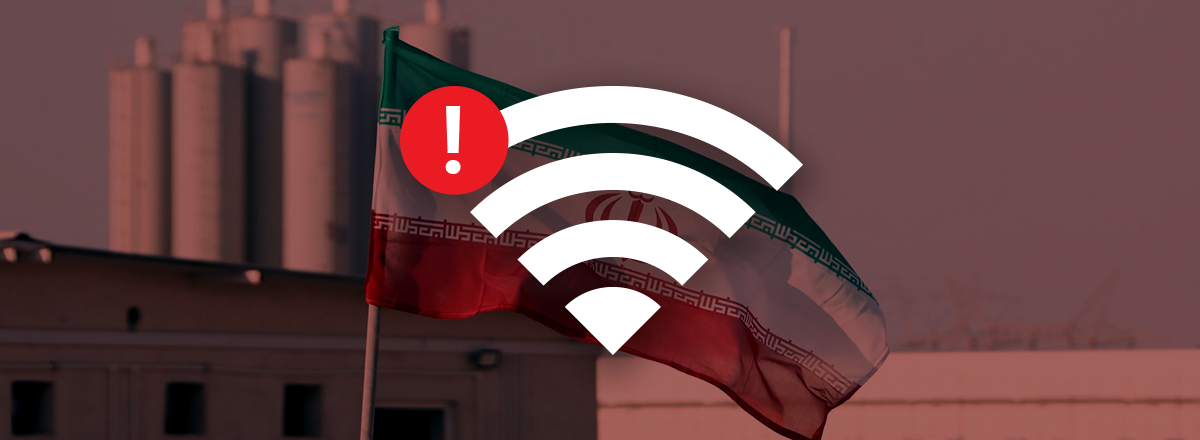In the face of hyperinflation and rising food prices, Iranians in the country’s oil-rich Khuzestan province took to the streets in protest on May 6. Reports emerged on the same day that internet shutdowns were affecting local users, a tactic that has been employed by Iranian authorities to prevent protestors from sharing videos and information of the protests and subsequent crackdowns on demonstrators by security forces. The most dramatic case of internet shutdowns by Iranian authorities goes back to the violent suppression of protests across Iran in November of 2019, and a near-total nationwide internet blackout to cut off Iranians from the outside world.
Despite being one of the most oil-rich parts of the country, Iranians in Khuzestan have experienced significant financial hardship, made worse by dire water shortages, government mismanagement, and now sharply rising food prices. Less than a year ago, protests over water shortages in Khuzestan were met with the same pattern of forceful suppression and internet blockade. According to Amnesty International, Iranian security forces used live ammunition against protestors in July of 2021, and carried out mass arrests including many from Khuzestan’s Ahwazi Arab minority.
Now, activists and rights groups fear another violent crackdown is being covered up as Khuzestan has experienced internet shutdowns for days. In addition, reports yesterday indicated significant disruptions of Iran’s network that impacted connections and speeds across the country. According to sources cited by the Center for Human Rights in Iran, the central issue in these protests addressed in slogans is inflation, the rising cost of food and especially bread. Inflation on food commodities has been exacerbated by the Russian invasion of Ukraine and the war that has disrupted the supply of wheat and caused sharp price hikes.
Poor and working-class Iranians in Khuzestan have experienced insurmountable obstacles that impact their access to the most basic and essential goods such as bread and water. From their own government’s corruption and mismanagement, to sanctions and war abroad, their suffering is outside of their control. To make matters worse, the Iranian authorities’ use of force to quell protests strips them of their most basic rights and the ability to air their rightful grievances. Iranian authorities must not only abide by their human rights obligations, but also take every necessary measure to ensure their citizens’ critical needs are met.
Back to top

